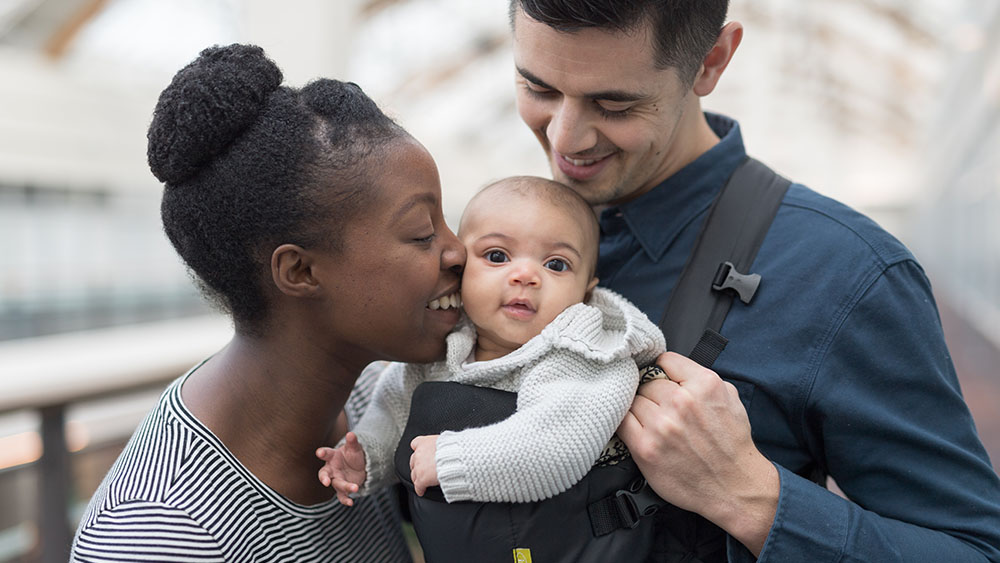
A large study found that getting vaccinated against COVID-19 does not affect couples’ ability to conceive, but getting infected with COVID-19 could cause temporary male fertility problems.

A large study found that getting vaccinated against COVID-19 does not affect couples’ ability to conceive, but getting infected with COVID-19 could cause temporary male fertility problems.
What you need to know
In a study supported by the Eunice Kennedy Shriver National Institute of Child Health and Human Development (NICHD), researchers analyzed data from more than 2,000 couples who were trying to conceive. They found that couples in which one or both partners had been vaccinated were no less likely than other couples to conceive. Only one factor was linked to lower fertility: recent infection with COVID-19.
What did the researchers do?
Between December 2020 and September 2021, the researchers recruited 2,126 female participants between the ages of 21 and 45 in the United States or Canada who were trying to get pregnant. Every eight weeks, the participants filled out questionnaires about their health, lifestyle, COVID-19 vaccination and infection status, and partners’ health. Participants who became pregnant during this time answered questions about their pregnancy. Male partners were also invited to fill out questionnaires about themselves.
What did the researchers learn?
By the time of the last questionnaire, 73 percent of participants and 74 percent of male partners had gotten at least their first dose of the COVID-19 vaccine. Participants who got the COVID-19 vaccine were not less likely than others to get pregnant. However, couples in which the male partner had been infected with COVID-19 in the past 60 days were less likely to conceive.
Why is this research important?
There is a lot of misinformation about COVID-19 vaccines, including the claim that the vaccine can cause infertility. This study is one of many to show that the COVID-19 vaccine is safe and does not affect fertility.
Where can I go to learn more?
COVID-19 vaccination does not reduce chances of conception, study suggests
- NIH shares more information on this study of COVID-19 vaccines and fertility.
How COVID-19 Affects Pregnancy
- Should you get the vaccine during pregnancy? Does the vaccine cause infertility? NIH research is helping to answer these questions and more.
COVID-19 Vaccination During Pregnancy Likely Benefits Moms and Babies
- Studies have found that COVID-19 vaccination can help protect mothers and their infants from getting sick.
Sources
Wesselink, A. K., Hatch, E. E., Rothman, K. J., Wang, T. R., Willis, M. D., Yland, J., Crowe, H. M., Geller, R. J., Willis, S. K., Perkins, R. B., Regan, A. K., Levinson, J., Mikkelsen, E. M., & Wise, L. A. (2022). A prospective cohort study of COVID-19 vaccination, SARS-CoV-2 infection, and fertility. American Journal of Epidemiology, kwac011. https://doi.org/10.1093/aje/kwac011

News and Stories
Read stories about the efforts underway to prevent, detect, and treat COVID-19 and its effects on our health.
 An official website of the United States government
An official website of the United States government

